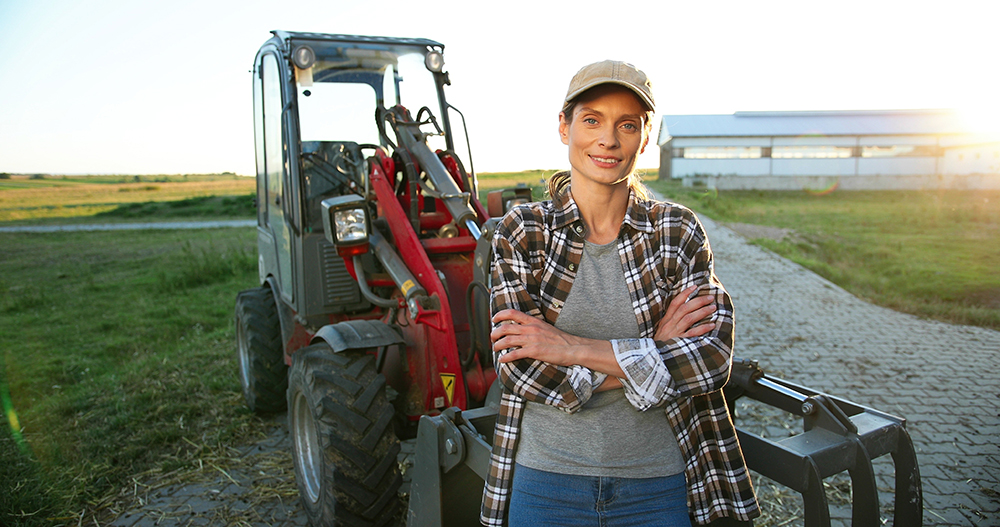
Mark Dutton, Community Banker
The past two years have most certainly been ones for the history book. First, no one had a true understanding of just how great of an influence COVID would have on the supply chain and how fragile the economy truly can be. Secondly, each of us are dealing with inflation, increasing the cost of just about everything we depend on. And finally, the third most recent challenge, the conflict between Russia and Ukraine.
Only one of these issues in a single year along with the annual challenges mother nature deals the US Farmer are enough, but now our farmers have multiple factors to take into account when planning for the new crop year. Regardless if its row crop, hay production, poultry, vegetables or other protein production, all producers are feeling the effects.
Planning your budget, marketing, crop rotation and controlling expenses are critical items each producer will need to focus on. Weather events and other global events are factors outside of the local producer’s control.
Items to focus on to maximize profit while minimizing expenses and reducing risk.
1: Budgeting-Understanding your operations break-even factor, booking inputs and commodities, will help you when weighing the options of repairing current equipment versus purchasing new. In many cases, fixed costs are controllable. Extension offices, universities and co-ops have budgeting software and/or available budgets for most every crop that can be used as a starting point.
2: Reducing Risk- Add crop insurance to your coverage. A variety of plans are available and customizable to meet your needs and your budget. Include your local extension service agent, banker and co-op contact, these are little to no cost resources which can provide advice for planning purposes. In some cases, it may be a good option to bring on a crop consultant. Most seed, chemical and co-ops also have staff on hand to help the producer navigate the effect weather conditions have on deciding what and when to plant.
3: Booking Crop and Inputs-marketing is an integral part of your operation. If it is purchasing fuel, fertilizer or other inputs, minimizing these costs and maximizing your yields and delivery price are a very important step for success that doesn’t need to be taken lightly.
4: Global Influence-control what you can by budgeting, stay focused when it comes to marketing your commodities and locking in prices as you can for inputs. Global influence, inflation and COVID all present a challenging set of hurdles to overcome. Break even and budgeting are a must do.
With the current market prices of cotton and grain crops, producer must remain focused on budgeting to maximize profit. The price of fertilizer, the cost of fuel and other inputs continue to bounce back and forth, hinging on the conflict in Europe and the supply chain. It will take a very managed approach to navigate through the ever-changing global influence.
The views and opinions expressed in this article are those of the author and are not endorsed by, and do not necessarily reflect the views of Simmons Bank. Simmons Bank does not provide tax, accounting, or legal advice.